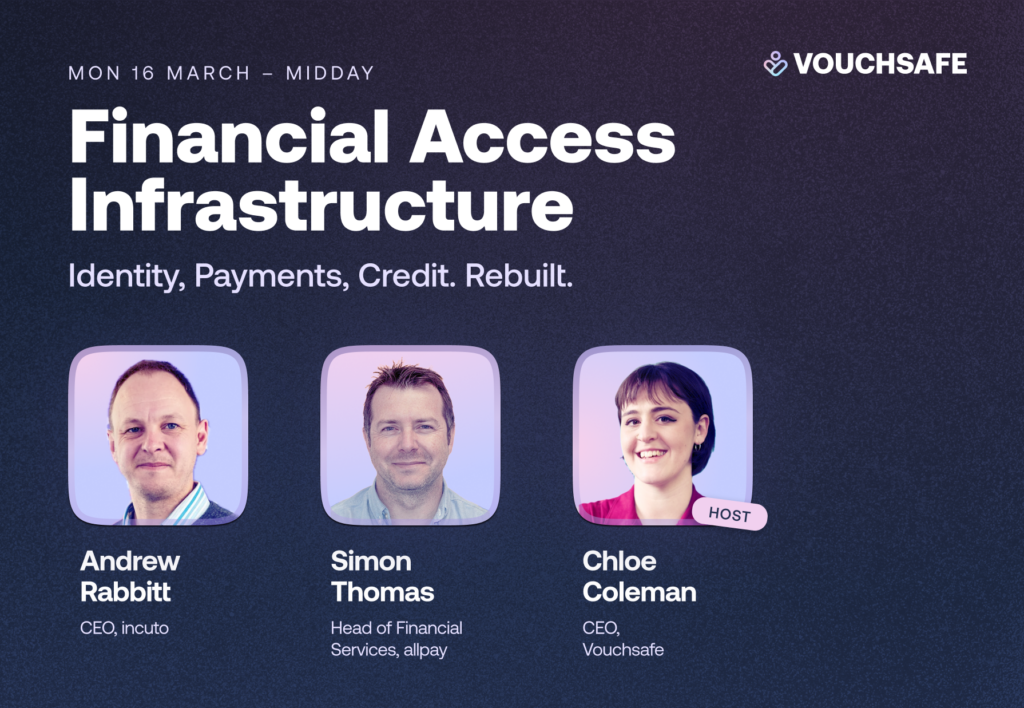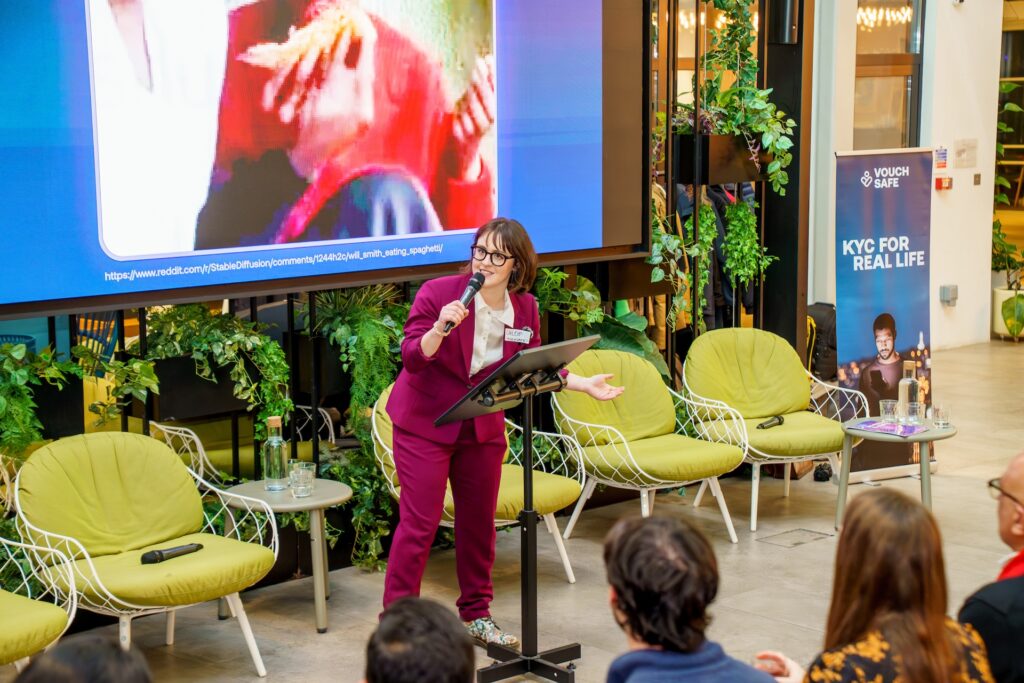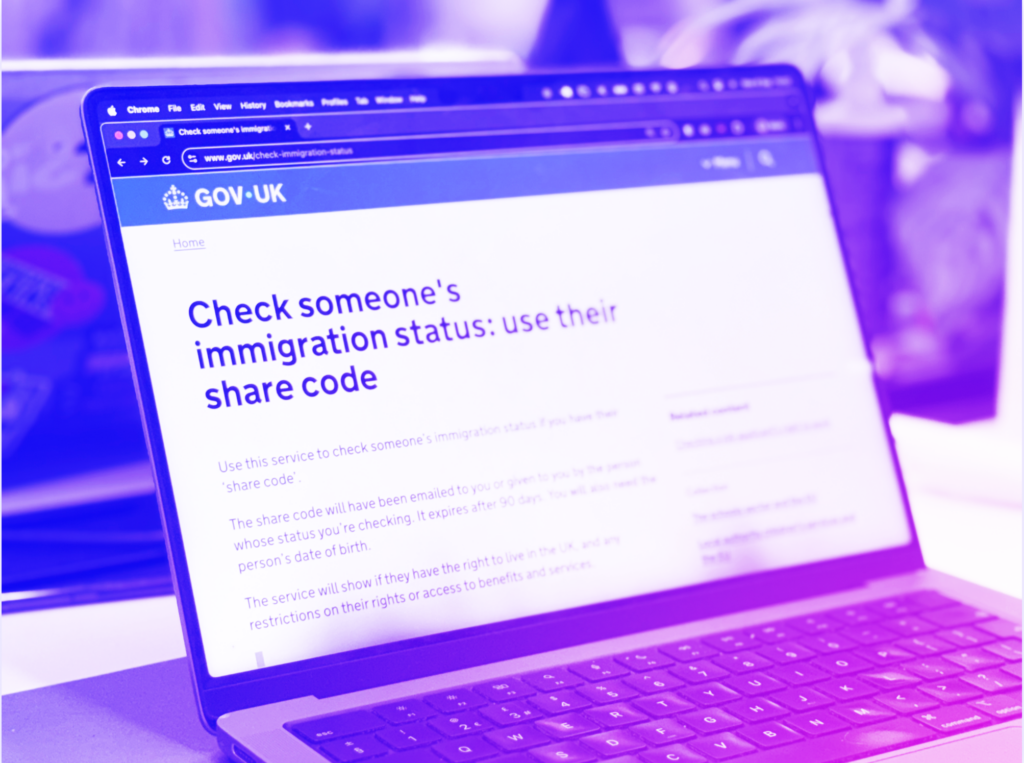An introduction to ID poverty
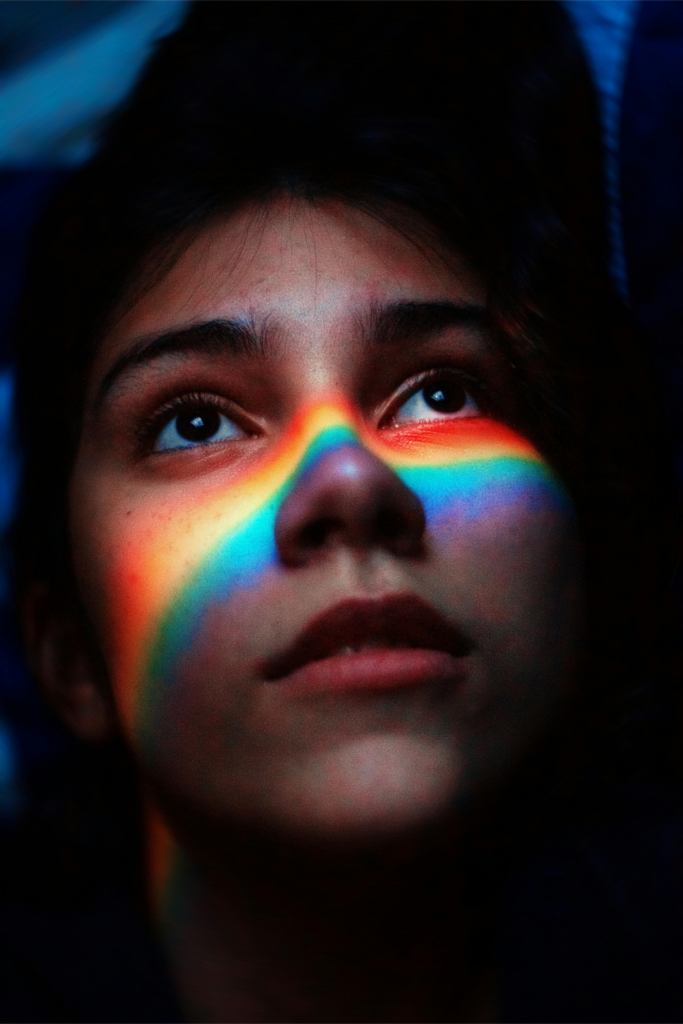
ID poverty affects millions of people globally. It prevents access to life’s essentials like banking, credit, healthcare, housing, and employment.
In the UK alone, 11 million people don’t have a passport or driving licence—the two most common forms of ID.
The World Bank estimates that around 1 billion people lack official proof of identity.
The term ID poverty refers to the inability to prove who you are. For many, the cost, complexity, and bureaucracy of obtaining ID are prohibitive. This disproportionately affects low-income households, people experiencing homelessness, survivors of domestic abuse, and other marginalised communities.
However, ID poverty doesn’t only affect the most vulnerable. Even those with photo ID can encounter barriers. Students, newlyweds, and people who have changed their name often struggle with identity checks that don’t reflect their current status.
ID poverty is closely tied to the poverty premium—the additional costs that financially vulnerable people incur. Without photo ID, individuals often face:
- Higher fees for services
- Limited access to credit
- Exclusion from financial products
It also deepens the impact of the cost of living crisis, leaving people unable to unlock essential support or opportunities.
How does ID poverty affect real people?
We shared Louise’s story in 2024, which is an extreme case. A mother of four, Louise claims Universal Credit and struggles with ID-related barriers. She was unable to visit her son in prison because she didn’t have a passport or driving licence.
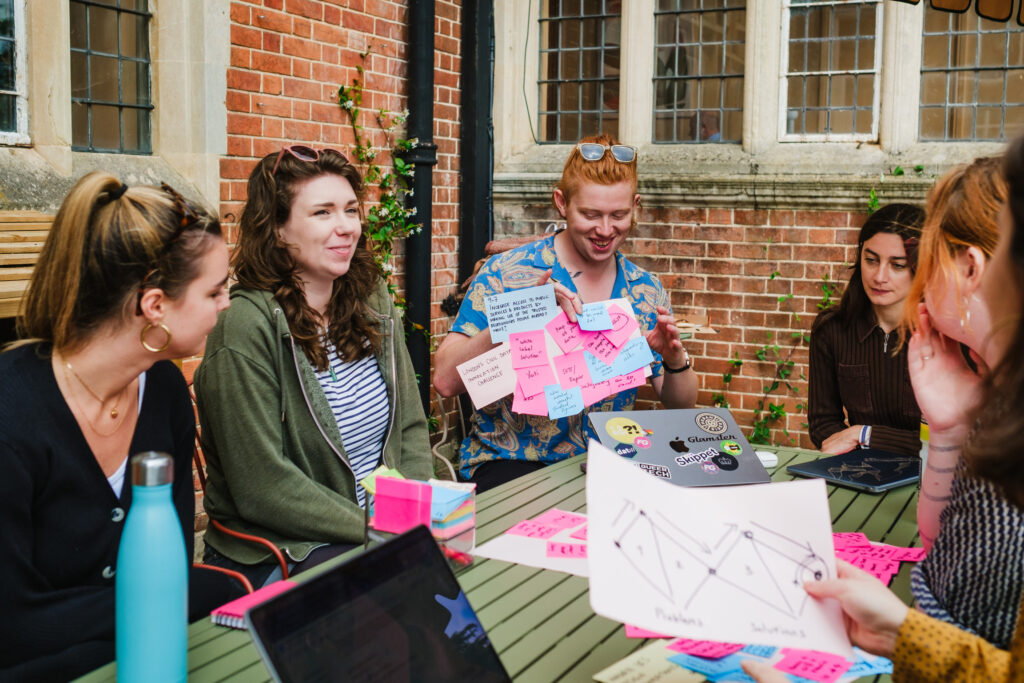
The cost of obtaining a provisional driving licence – including the birth certificate needed to apply – was over £60, money she didn’t have to spare. This simple need turned into a significant financial and emotional burden.
But ID poverty also affects people like Kate, a student from the US who moved to the UK. Despite having multiple forms of ID from different countries, Kate experienced rejection from banks and service providers because her foreign documents weren’t accepted.
Rowan, who recently changed her name after marriage, faced similar barriers when updating her records. Even with the right paperwork, she had to navigate complex, outdated processes to prove her identity.
These stories highlight how ID poverty creates unnecessary barriers and reinforces existing inequalities. In many cases, people are forced to spend money, time, and effort navigating complex systems that don’t account for the realities of their lives.
What can be done?
The UN has made solving ID poverty part of its Sustainable Development Goals. SDG 16.9 focuses on providing legal identity for all, including birth registration, by 2030.
But we can address ID poverty right now by rethinking how identity is verified.
Broadening the types of acceptable verification—such as bank accounts, government correspondence, or trusted referees—can help break down barriers and provide access to essential services.
Inclusive identity solutions are a critical part of reducing ID poverty and promoting financial inclusion. By designing systems that reflect real-world experiences, we can ensure fewer people are left behind.
If you want to learn more about how identity verification can be made more inclusive, get in touch.

